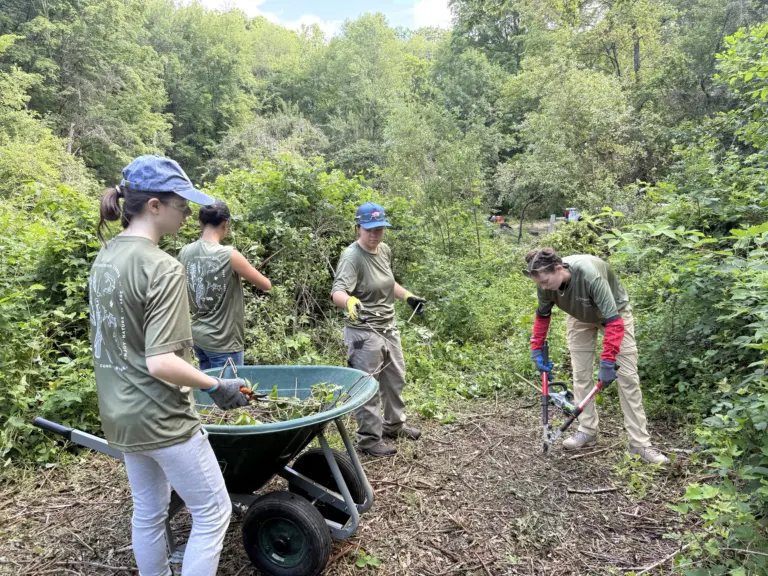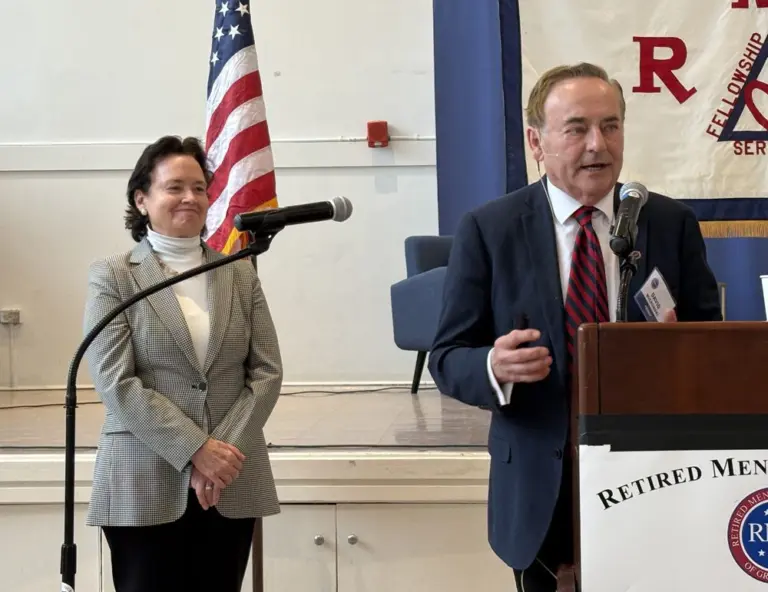By Stuart Adelberg
I think we can all agree that the news is depressing. Whether we’re reading or listening to the latest from Washington, D.C., the Middle East, Asia, or anywhere else across the globe or down the street, the bad news just seems to get worse everyday. While my brain tells me that it might be healthier to turn it off, my heart won’t allow me to look away. It can be very tempting for all of us to leave the problems of the world to others and focus only on those events that touch us personally. But we can never let this happen.
I will never forget September 11, 2001 and the way that the horrible terrorist attack on our nation impacted every one of us. We were riveted to the news as the event occurred and for days, weeks, and months later as we sought more information and urged our leaders to respond. The hearts of our entire nation were broken as we each stood with empathy and in solidarity with impacted families, whether they were personally known to us, or not.
I remember how we all felt when word began to spread about the terrible school shootings in December 2012 at Sandy Hook Elementary School in Newtown, Connecticut. Not only was this close to home, but twenty of the twenty-six victims were young children. I don’t know anyone who was not completely heart-broken, horrified, and entirely focused on this tragedy as the details of such an unimaginable event became known.
Americans are compassionate people, with concerns that spread well beyond our nation’s borders. We were astonished when Russia crossed the border into Ukraine and threatened the solidarity of an independent nation. And more recently, the horrific October 7th attack on Israel by the terrorist group Hamas resulted in an almost universal outcry from all corners of the civilized world, with the loudest of those cries coming from here at home.
There are countless other examples when our nation’s collective empathy rang out in voices that could be heard throughout the world in the face of unfathomable human suffering. This is as it should be.
I personally don’t ever want to reach a place where I become so accustomed to human suffering that it loses its impact. I don’t ever want to become so used to bad news, that I forget that there are real people, just like all of us, who are facing unimaginable crises and who need and deserve our empathy, our attention, and our help.
But I worry, when terrible world events become so numerous, that we will develop the ability to turn them off, because it is too hard to listen. At what point will an attack, a shooting, a war, or any other horrific tragedy become just another news story on just another day? Some may reasonably be tempted to say that we each have our own problems in need of our attention, that the growing challenges of the world are overwhelming, and it will have to be someone else’s challenge to worry about all the others.
We need to remind ourselves that victims of tragedies, no matter the cause, where or how they happened, are not numbers, but people. They are grandparents, mothers and fathers, and children. Every victim leaves a family that is broken-hearted, parents, spouses and children with holes in their lives that will never again be filled. We can’t possibly fill all of those holes. But it is our responsibility as human beings to try.
Stuart Adelberg has a long history of leadership and active involvement with the region’s nonprofit arts and human services communities. He appreciates the opportunity afforded by the Greenwich Sentinel to share his thoughts and observations.



